What To Do (And Not Do) With Your Garden In The Fall
When deciding what to do in your garden this fall, remember there are just as many things NOT to do. Here are all the tasks to put on your list.

Amy Draiss
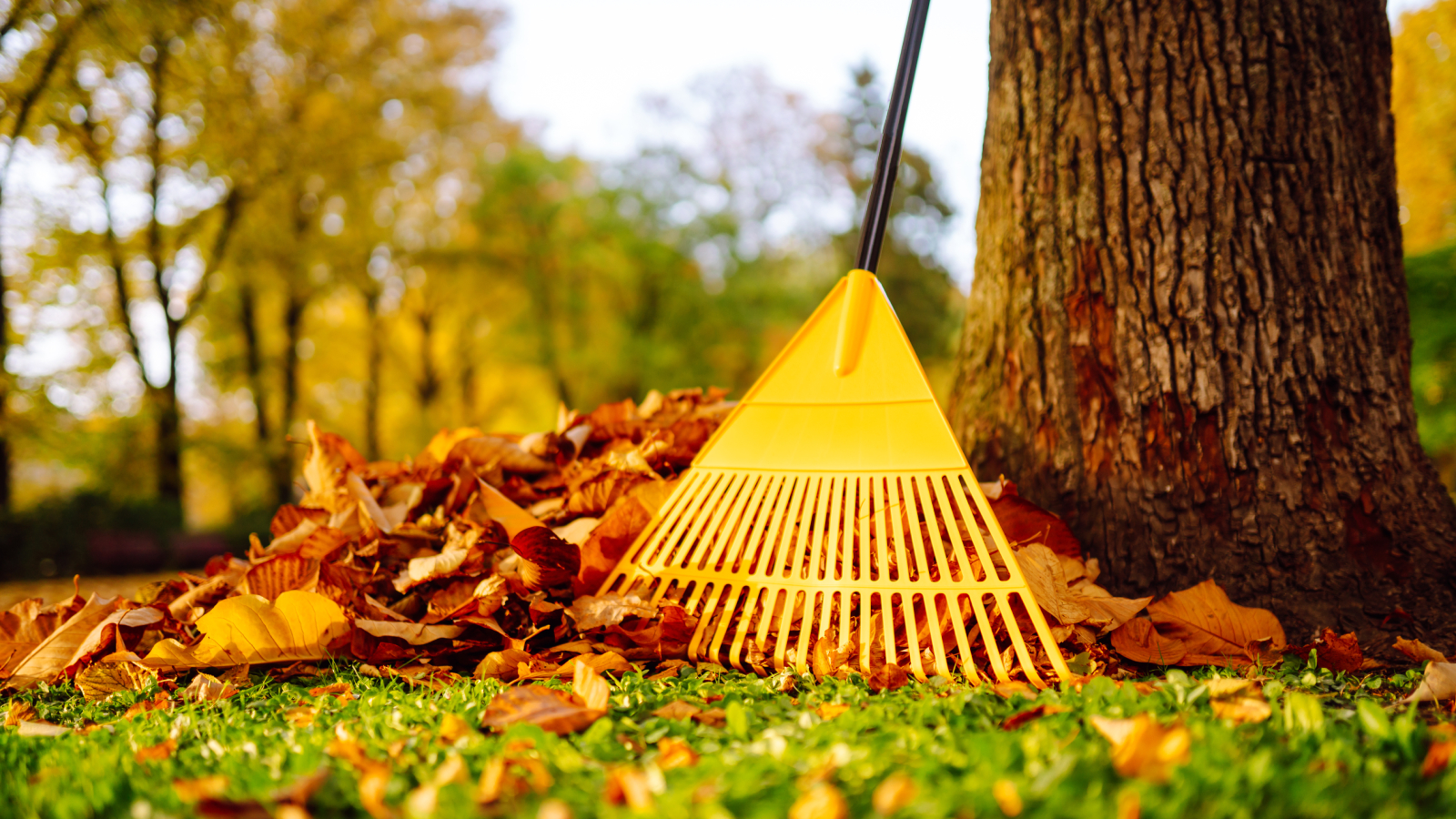
- What To Do in Your Garden This Fall
- Do Leave the Leaves
- Do Protect Tender Plants
- Do Put (Clean) Tools Away
- Do Fertilize Cool-Season Grass Lawns
- Do Mulch Your Garden
- Do Plant Bulbs for Spring
- What NOT To Do to Your Garden in the Fall
- Don’t Cut Back All Your Perennials
- Don’t Prune Trees and Shrubs
- Don’t Leave Annuals in the Garden
- Don’t Put Diseased Debris in Your Compost Pile
- Don’t Forget Where You Planted Your Vegetables
- Don’t Stop Watering Plants
Fall is a great time for garden chores. This is the time to clean up before winter, protect vulnerable plants, and wind down the growing season. This isn’t the right time for all tasks, though. Know what to do with your garden in the fall and what not to do — for instance, what plants should not be cut back in the fall — to best prepare it for next year.
What To Do in Your Garden This Fall
Fall is a great time of year for many chores. The weather is cooler, plants are beginning to go dormant, and the prep work you do now will affect your garden next spring and summer. Here’s what you should do in the garden in fall.
Do Leave the Leaves
Cleaning up fallen leaves is probably the most common fall gardening or yard chore. Leaving a layer of dead leaves on grass can harm turf grass by blocking sunlight and trapping moisture. On the other hand, leaves can benefit beds and lawns by adding nutrients.
Instead of bagging and disposing of leaves, mulch them with the mower and let them decompose. Or simply leave them where they fall to provide habitat for overwintering beneficial insects.
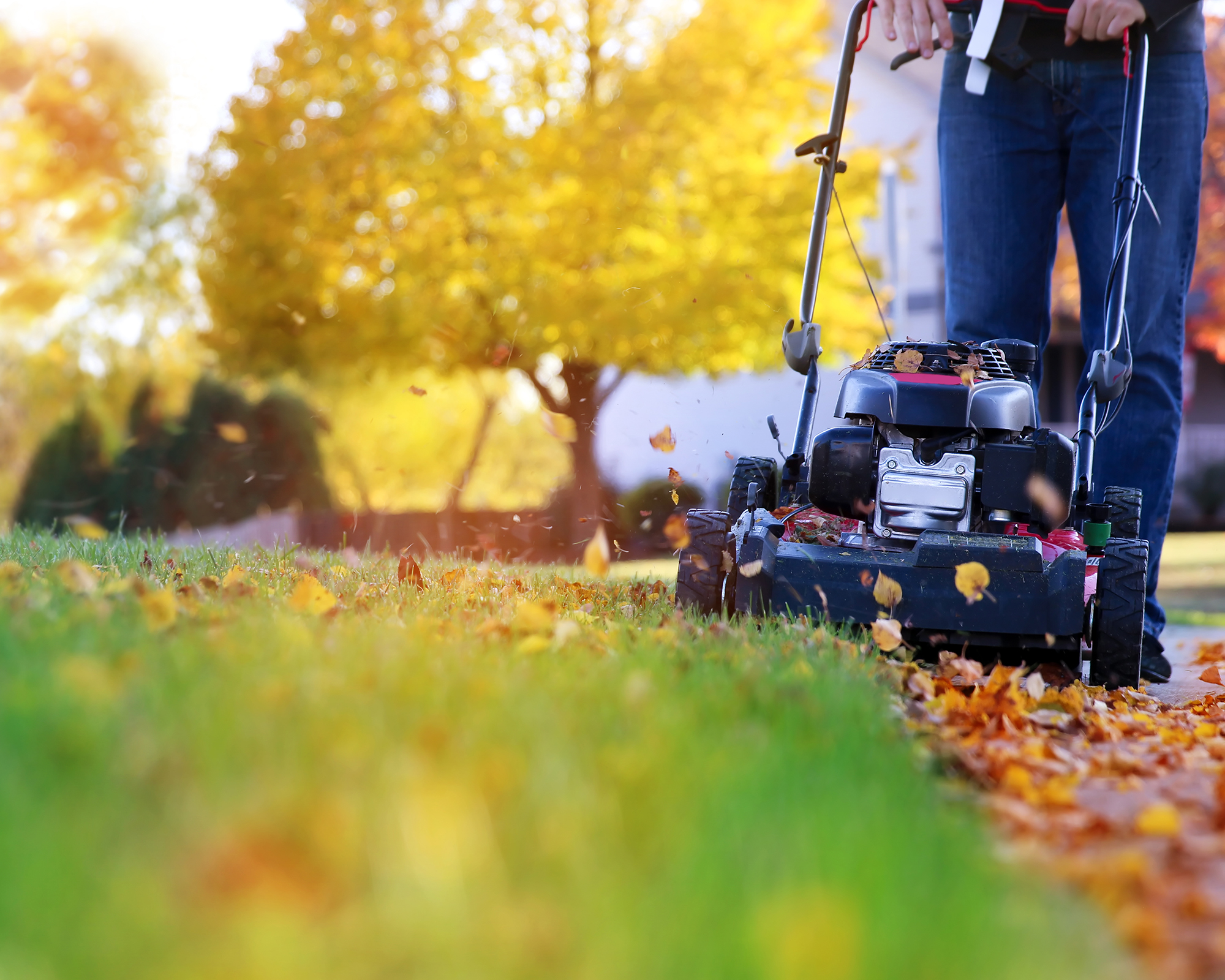
Do Protect Tender Plants
Depending on what you grow and your climate, you might have some plants that will survive the winter with some added protection. Provide these plants with fabric covers or windbreaks for the little extra warmth they need to make it.
Do Put (Clean) Tools Away
Clean all your garden tools and dry them thoroughly before storing them for the winter. Keep them in a dry location to avoid rust and deterioration. If you have a lawn mower, clean it well and perform any needed maintenance, like an oil change, before storing.
Do Fertilize Cool-Season Grass Lawns
Fall is a perfect time to fertilize turf grass. As the weather turns, grass stops growing but the roots continue to take up nutrients. Apply fertilizer in mid- to late-fall.
Sign up for the Gardening Know How newsletter today and receive a free copy of our e-book "How to Grow Delicious Tomatoes".
Do Mulch Your Garden
Touch up or apply mulch to beds in fall to protect plants from frost heave. This occurs when soil repeatedly freezes and thaws and can be damaging to roots. Mulch helps keep the soil at a more consistent temperature.
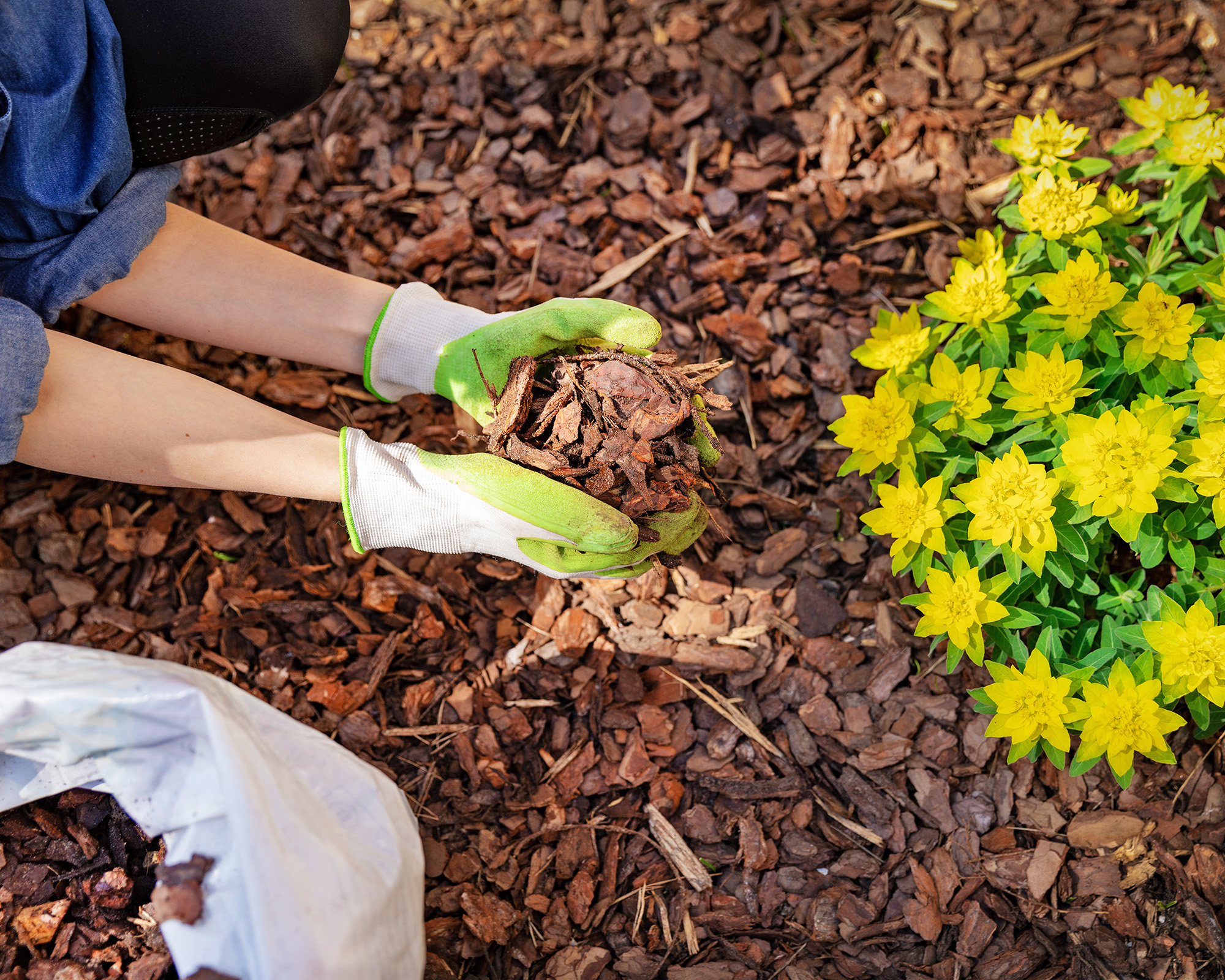
Do Plant Bulbs for Spring
Plant your spring bulbs so you can enjoy flowers next spring: daffodils, hyacinths, tulips, crocuses, and more. These are the hardy bulbs that need a cold period to bloom next year.
What NOT To Do to Your Garden in the Fall
Just as important as what to do is what you should not do in the garden in fall. A list of gardening dos and don’ts must include these do nots of fall chores.
Don’t Cut Back All Your Perennials
It’s tempting to cut back perennials for a cleaner look. This is only necessary in the fall if the foliage is diseased. Remove this plant material and dispose of it. You can also cut back seedheads if you don’t want certain plants reseeding. Otherwise, keep plants in place to feed and house wildlife, and provide winter interest.
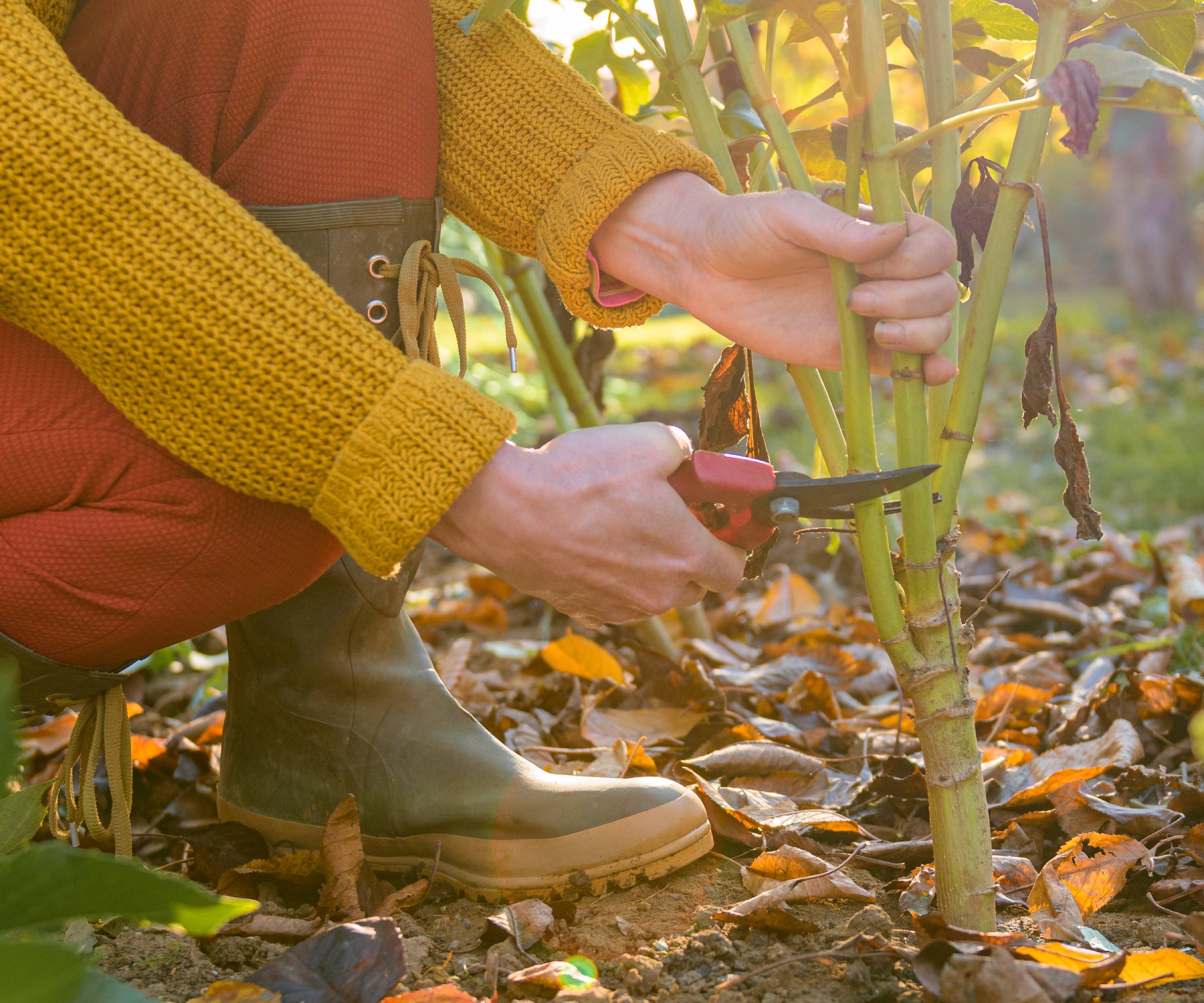
Don’t Prune Trees and Shrubs
Fall is not the time for pruning. Pruning trees and shrubs now promotes new growth that will be vulnerable to wind and cold damage in the winter. Save it for late winter or early spring.
Don’t Leave Annuals in the Garden
Unlike perennials, annuals should be removed. The decaying plant matter can breed disease and provide overwintering habitat for pests.
Don’t Put Diseased Debris in Your Compost Pile
If you trim off diseased branches or remove perennials that look infected, do not put that material in your compost pile. You’ll only spread disease. If allowed in your area, you can burn these plants, or dispose of as you would garbage.
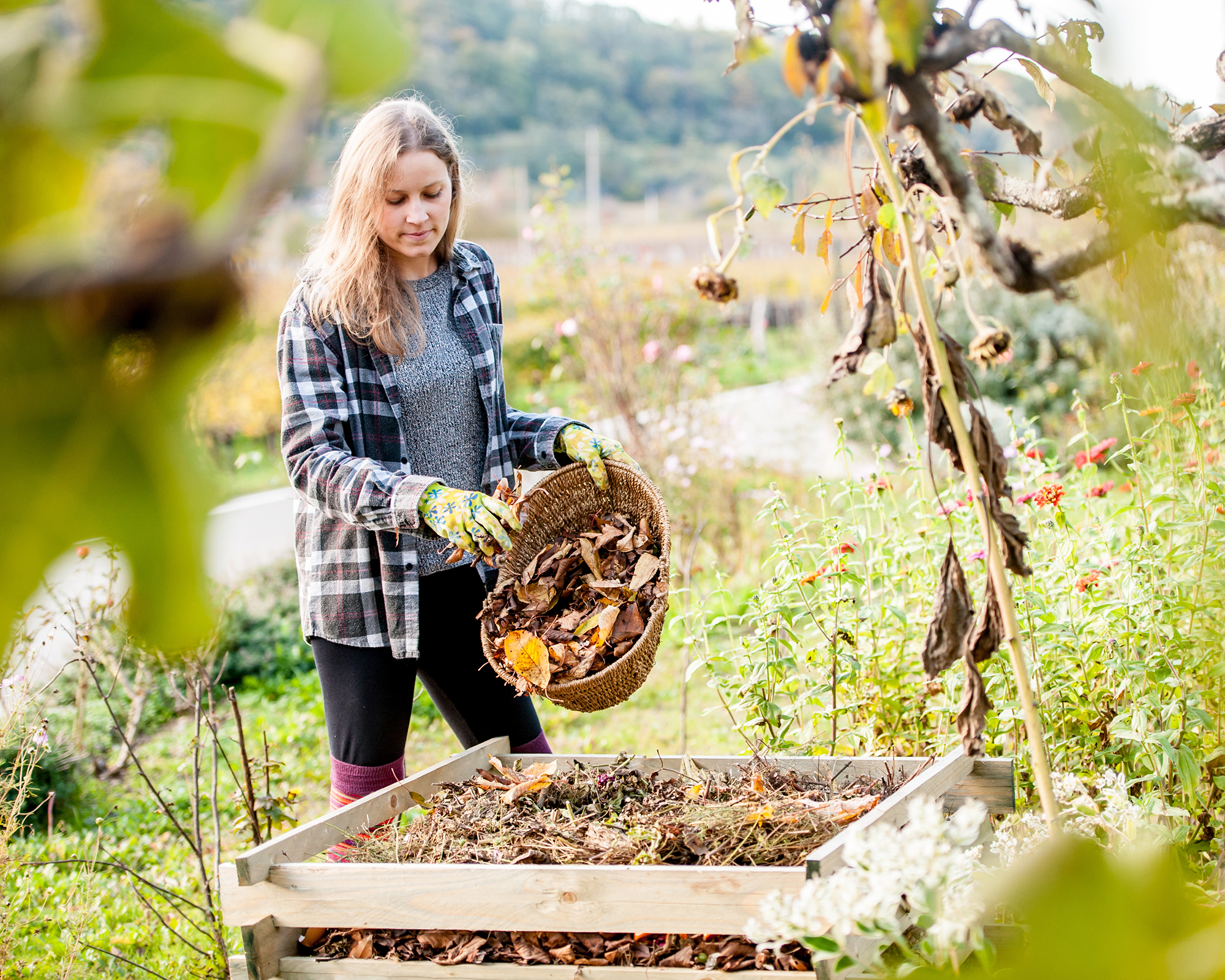
Don’t Forget Where You Planted Your Vegetables
Keep vegetable labels in the ground, or make a detailed plan of your vegetable bed. Crop rotation is a useful way to reduce the risk of disease.
Don’t Stop Watering Plants
Don’t completely cut plants off from water in the fall. Reduce watering to prepare them for the dormant season. It’s especially important to water any newly planted trees or shrubs to help them develop strong root systems.
Follow these dos and don’ts of gardening to end the growing season on a positive note and for good results next season.

Mary Ellen Ellis has been gardening for over 20 years. With degrees in Chemistry and Biology, Mary Ellen's specialties are flowers, native plants, and herbs.
- Amy DraissDigital Community Manager